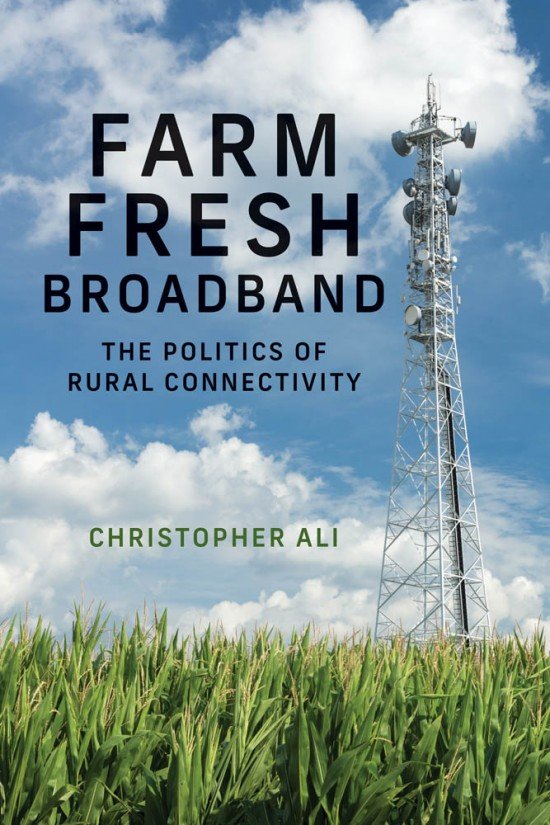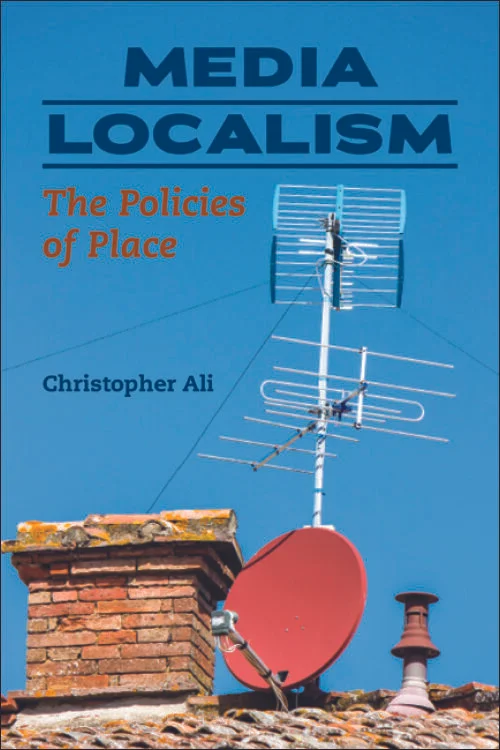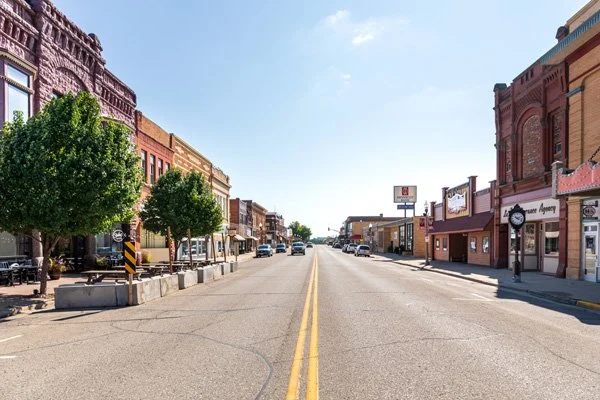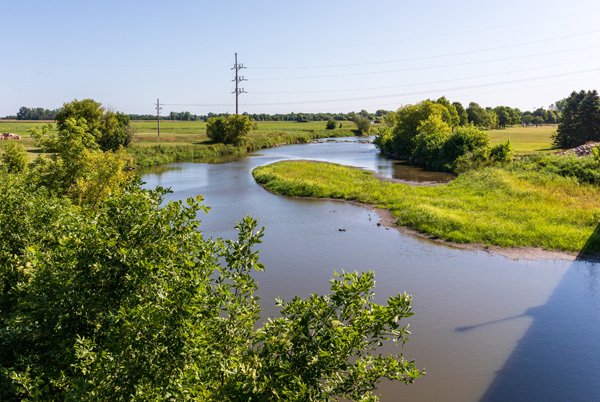Disconnected
Democracy in Danger / Season 4 Episode 2
Read
As many as 120 million Americans lack consistent, high-speed internet access — a problem that remote working and learning during the pandemic has made painfully clear. Media scholar Christopher Ali says it isn’t just an economic problem but a threat to democracy itself. And while the rural-urban divide is well known, Ali tells Will and Siva, poor, densely populated areas are also drastically under-served. Do Americans have the will to treat internet access as a public service rather than a consumer good?
The answer is a matter of politics and policy, not technology. The fiber-optic, wireless and satellite infrastructures needed to close the digital gap are within our grasp. As with health care, however, the U.S. government has ceded the playing field to private companies driven by their own interest: maximizing wealth. And just like with health care, there has been a “market failure.” The ongoing struggle to connect Americans really turns on how to understand broadband. Is it a public utility? Has it become, in the contemporary context, a civil right, or even a human right?
Whatever the answer, this much is clear, Ali says: Americans with the slowest connections are paying the most for their internet. And he argues that it’s high time for the public sector to do its part.
Meet
Christopher Ali is an associate professor in the University of Virginia’s Department of Media Studies. His first book, Media Localism: The Policies of Place (University of Illinois Press, 2017), addressed the challenge of regulating local media in the 21st century. Ali’s newest work is Farm Fresh Broadband: The Politics of Rural Connectivity (MIT Press, 2021), a topic on which he has advised Congress. Follow Ali on Twitter @Ali_Christopher.
If a lack of connectivity damages democracy, more democracy is what can fix it, Ali argues in Farm Fresh Broadband. He proposes “democratizing policy architecture” around rural broadband, taking as a model the electrification of the hinterlands in generations past.
For a sneak peek at the book’s first chapter, read Ali’s recent blog post on how to empower local communities looking to connect themselves.
Last March, Ali testified before the U.S. Senate Committee on Commerce, Science, and Transportation in a hearing on broadband policy.
Even before the pandemic highlighted stark digital inequalities, Ali was writing about the federal government’s failure to connect citizens and the outsized political influence of the big telecommunications companies.
The $1 trillion infrastructure package that President Biden signed in November offers a step in the right direction for broadband expansion, Ali writes. But dropped from the bill before it passed was a provision that would have favored local ISPs. Instead, the new law only protects them from discrimination in the funding process.
Media Localism reexamines the definition of “local media” and proposes better ways to regulate and support information systems across the United States, the United Kingdom and Canada.
Learn
While an analysis by the Federal Communications Commission says 14.5 million Americans lack broadband, its reporting standards are problematic. A Microsoft study based on 2019 and 2020 data found the figure was much higher: 120.4 million.
Read how telecom giants CenturyLink and Frontier Communications received huge sums of taxpayer money but failed to follow through on plans to expand high-speed internet. Frontier filed for federal bankruptcy protection in April 2020.
Affordability is a big obstacle preventing many Americans from getting online, even where broadband is available. Internet access in the United States is pricier — and more sluggish — than in Canada, Europe and much of Asia, NBC reports.
At the height of the pandemic, HuffPost’s Bracey Harris traveled down to the Mississippi Delta to follow one mother’s struggle getting her children online for school.
Beyond the infrastructure act, states are getting creative and using coronavirus relief money to fund broadband expansion.
In December 2020, the Rev. Al Sharpton, FCC Commissioner Geoffrey Starks and others argued in Essence that broadband is a civil right and called America’s digital divide “an emergency.” The UN General Assembly has been saying internet access is a human right since 2012.
On this episode, you’ll hear Ali — a native of Canada, where online speech is more tightly regulated — demur on the subject of rethinking the First Amendment in the United States. One of our previous guests, legal scholar Danielle Citron, took up this issue directly.








